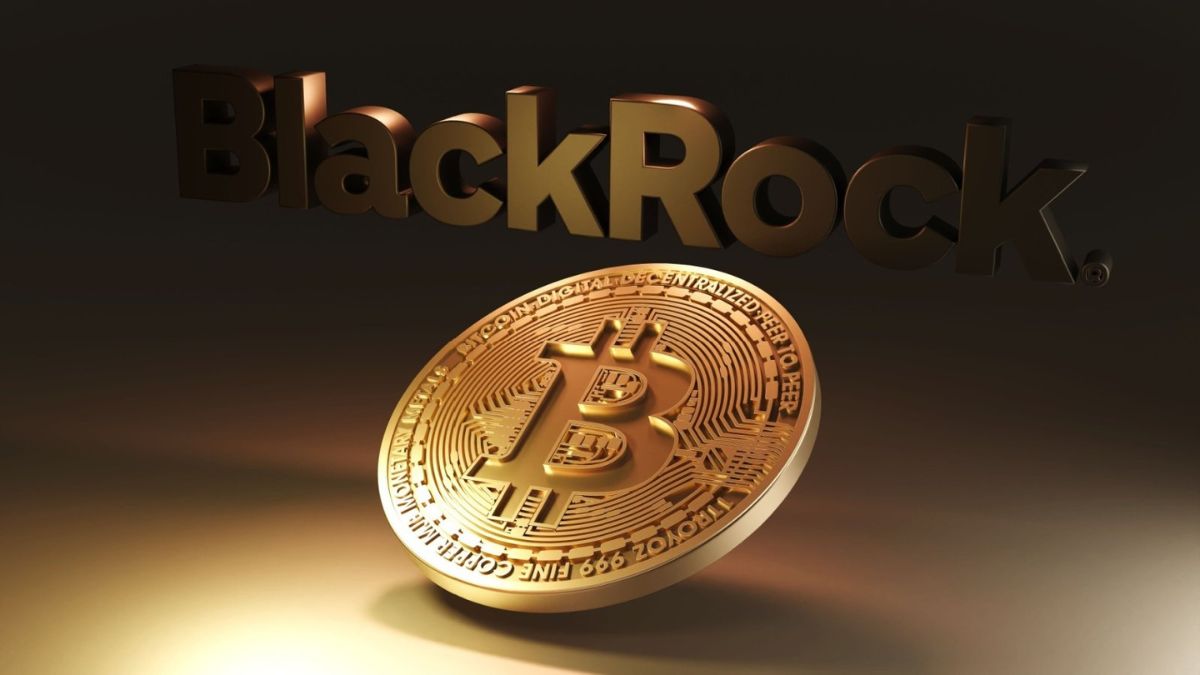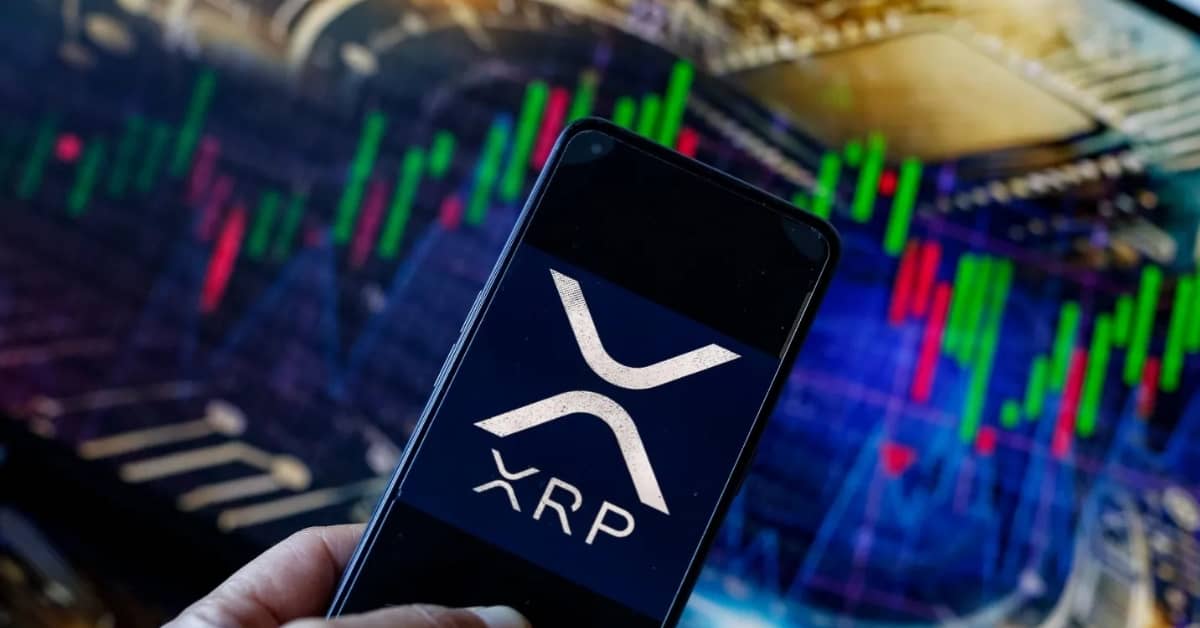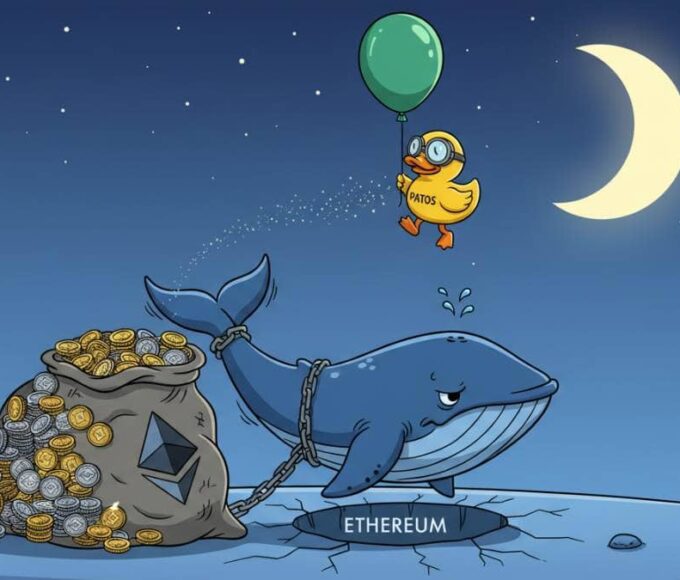BlackRock recently met with the U.S. Securities and Exchange Commission’s (SEC) Crypto Task Force to discuss the regulatory future of crypto staking in ETFs and the potential of tokenized securities. The meeting signals rising momentum for bringing blockchain deeper into traditional finance.
According to a memo released by the SEC on May 9, BlackRock argued that Ethereum ETFs are incomplete without staking. Staking allows token holders to earn rewards by helping secure proof-of-stake networks like Ethereum and Solana.
Other financial firms are also pushing for staking features. Earlier this year, the New York Stock Exchange filed a rule change to support staking in Grayscale’s Ethereum ETF. Although the SEC has delayed decisions on this issue, approval could open doors for staking-enabled ETFs across major blockchains.
The meeting also explored the tokenization of traditional assets like stocks and bonds. Tokenized securities offer faster settlements, lower fees, and 24/7 trading, making them attractive alternatives to legacy systems.
BlackRock already manages BUIDL, a $2.9 billion tokenized U.S. Treasury fund, the largest of its kind. Competitors like Franklin Templeton and Robinhood are also building tokenized solutions, with Robinhood working on a blockchain that may let European users trade U.S. stocks.
At the same time, BlackRock’s spot Bitcoin ETF (IBIT) has become the sixth most popular ETF by inflows in 2025, with $6.96 billion in new capital—surpassing the SPDR Gold Trust (GLD). Despite a recent dip in Bitcoin’s price, investors seem confident in the crypto’s long-term value.
Meanwhile, the SEC has not yet approved any staking-enabled ETF, even though similar products exist in Canada and Europe. More than 70 crypto ETF applications are now waiting for SEC approval.
Industry groups like the Crypto Council for Innovation, supported by firms like a16z crypto, Kraken, and Consensys, continue to push for clear rules on staking and tokenization.












Leave a comment